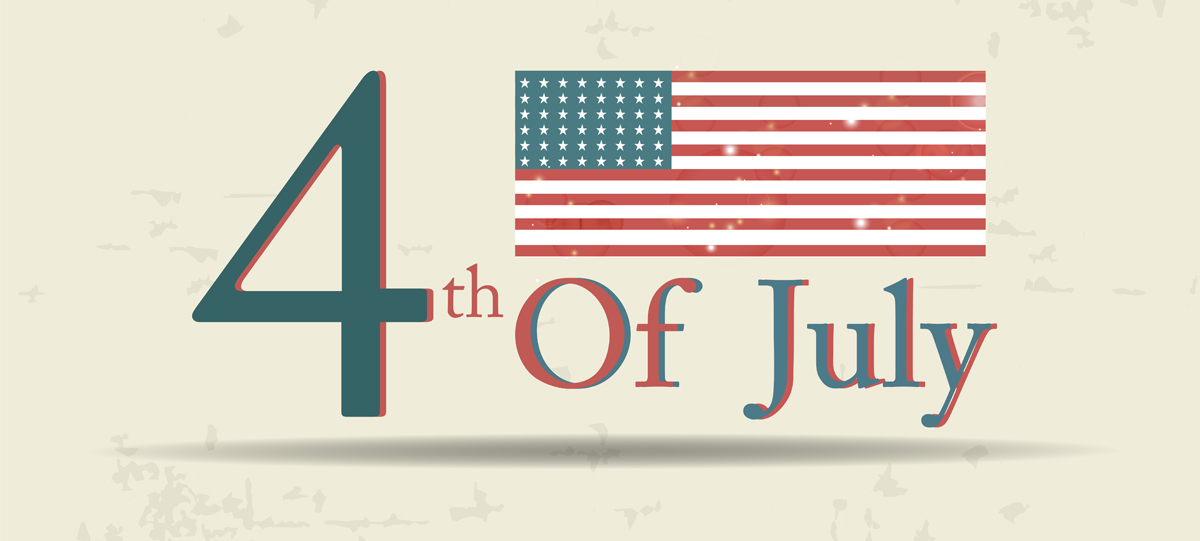
Fireworks & Eye Safety
Fireworks and Eye Safety in Tallahassee
Today is July 1. In three days here in the capital, we will celebrate our nation’s independence from the Kingdom of Great Britain – all while practicing eye safety. We at Big Bend Family Eye Care love our independence and what that day stands for, a celebration is a must. And there is only way we do things here in these United States of America – BIG!!! We like our trucks big, our TVs big and well, we like our food big. “Yes. I would like a number one. SUPER-SIZED.” And when it comes to us celebrating our freedom, the fireworks are no exception. Fireworks are a part of our Independence Day Celebration. However, with great power, comes great responsibility. Fireworks can be very dangerous.
Eye Safety Statistics
Depending on the the study you read, fireworks cause a wide variety of disasters. One study shows that in a 14 year span, 29 fires, 65 explosions & 114 deaths occurred. When it comes to firework related injuries, there were between 6,000 to 8,500 injuries per year. These are 8,500 people that had to go to their eye doctor/emergency room for something they did to themselves, or to someone else. 21% of these injuries were eye related – eye safety is important.
Some would say that the safest choice for viewing fireworks is just to leave it to the pros. Load the family up and go watch one of those great shows. Besides, every time I try to time my firework show to music, my rockets with red glare never seem to be quite in sync.
But if you’re going to be a stud and insist on you and your family creating your own “ooooo’s” & “ahhhhh’s”, keep in mind that you always need to supervise your children. Safety is paramount.
The hospitals tell us that the greatest cause for eye injury is the mighty ‘bottle rocket’. These little heaters have no discernible direct path; they fly however they want to. Sometimes however, that path leads them right into someone’s face.
Should you find yourself on the receiving end of a bottle rocket, or any other white hot incendiary, you need to call our office immediately at (850) 999-6926.
Firework Facts
- Approximately 2000 eye injuries occur each year from consumer fireworks use.
- About one-third of these injuries result in permanent eye damage and one-fourth in permanent vision loss or blindness.
- Almost one in twenty fireworks-related eye injury victims lose all useful vision or require removal of the eye.
- Data from the United States Eye Injury Registry shows that bystanders are more often injured by fireworks than operators themselves.
- 44 percent of the injured are children ages 19 years old and under.
- 72 percent of the victims were male.
- Almost all types of fireworks caused eye injuries, including sparklers.
- For children under 5 years old, sparklers accounted for the largest number of injuries (43 percent of the total for that age group).
- Errant bottle rockets cause some of the most serious eye injuries — eye lid lacerations, corneal abrasions, retinal detachment, optic nerve damage, rupture of the eyeball and complete blindness.
- One in every six fireworks-related eye injuries results in permanent vision loss or blindness.
Firework Tips
- NEVER point fireworks in the direction of another person.
- NEVER let children play with fireworks of any type.
- View fireworks from at least 500 feet away.
- Respect safety barriers set up to allow pyrotechnicians to do their jobs safely.
- If you find unexploded fireworks, do not touch them. Immediately contact your local fire or police departments.
- The parts of the body most often injured by fireworks were: hands and fingers (30 percent); legs (22 percent); eyes (21 percent); and head, face and ears (16 percent).
In The Event Of Eye Injury
- DO NOT delay medical attention even for seemingly mild injuries. “Mildly” damaged areas can worsen and end in serious vision loss, even blindness, that might not have happened if treatment had occurred immediately.
- Stay calm, DO NOT panic; if it is a child that is injured, keep the child as calm as possible.
- DO NOT rub the eye. If any eye tissue is torn, rubbing might push out the eye’s contents and cause more damage. Trying to rub the eye is an automatic response to pain, but pressure will only do more harm. Take the child’s hand from his or her face.
- DO NOT attempt to rinse out the eye. This can be even more damaging than rubbing.
- Shield the eye from pressure. Tape or secure the bottom of a foam cup, milk carton or similar shield against the bones surrounding the eye: brow, cheek and bridge of the nose.
- As they thin the blood and might increase bleeding, do not aspirin or ibuprofen (or other non-steroidal anti-inflammatory drugs, called “N-SAIDS”) to try to reduce the pain.
- DO NOT attempt to put ointment or any medication on the damaged eye. Also, ointments make the eye area more difficult to work on and this slow the doctor’s examination. This is a crucial time and seconds count.
We cannot stress it enough – please do not let your child play with fireworks. If you have it setup in the backyard, at the minimum, put some safety goggles on the little tykes to protect their eyeballs.
